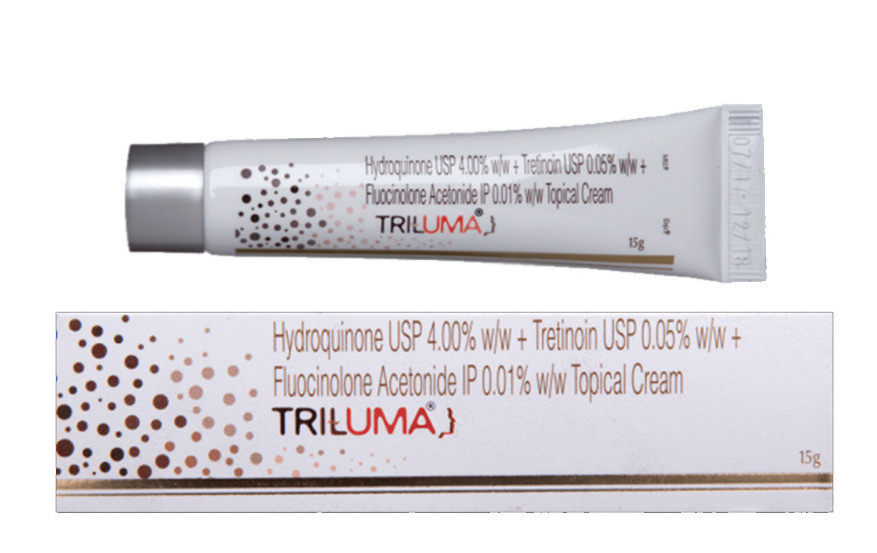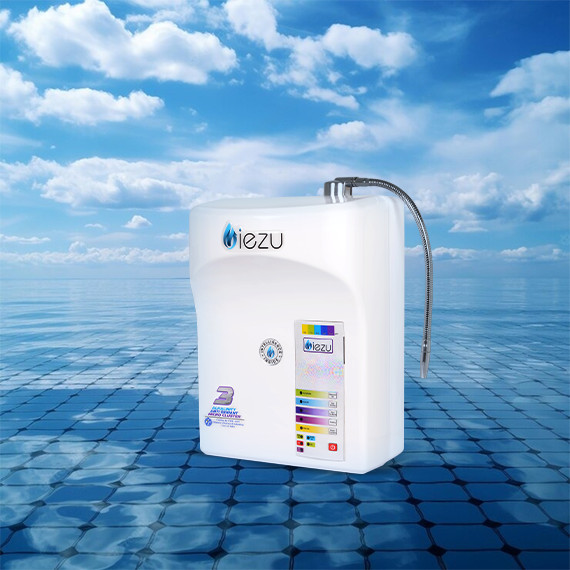Introduction:
Triluma Cream is a popular topical treatment utilized for various dermatological conditions, primarily addressing hyperpigmentation issues such as melasma. While it offers promising benefits, users must be aware of its potential side effects and precautions. This comprehensive guide aims to explore both the benefits and potential drawbacks of Triluma Cream, along with addressing frequently asked questions (FAQs) regarding its usage.
Understanding Triluma Cream:
Triluma Cream is a combination medication containing three active ingredients: hydroquinone, tretinoin, and fluocinolone acetonide. Each component plays a unique role in treating hyperpigmentation and other related skin concerns. Hydroquinone acts by inhibiting melanin production, tretinoin enhances skin cell turnover, and fluocinolone acetonide reduces inflammation.
Potential Benefits of Triluma Cream:
- Treatment of Melasma: Triluma Cream is widely recognized for its effectiveness in treating melasma, a common skin condition characterized by dark patches on the face.
- Hyperpigmentation Correction: It helps fade dark spots, sunspots, and other forms of hyperpigmentation, resulting in a more even skin tone.
- Acne Scarring: Triluma Cream can also aid in reducing the appearance of acne scars, especially those accompanied by hyperpigmentation.
- Fine Line and Wrinkle Reduction: Due to the presence of tretinoin, Triluma Cream may offer anti-aging benefits by stimulating collagen production and improving skin texture.
Potential Side Effects of Triluma Cream:
- Skin Irritation: Common side effects include redness, peeling, and dryness, especially during the initial weeks of use.
- Increased Sensitivity to Sun: Triluma Cream can make the skin more susceptible to sunburn and sun damage. Therefore, it's crucial to apply sunscreen diligently while using this medication.
- Hypopigmentation or Hyperpigmentation: In rare cases, Triluma Cream may cause either lightening or darkening of the treated skin areas.
- Allergic Reactions: Some individuals may experience allergic reactions such as itching, swelling, or rash. Discontinue use and consult a dermatologist if any adverse reactions occur.
Conclusion:
Triluma Cream offers promising benefits in treating hyperpigmentation and related skin conditions. However, users must be mindful of potential side effects and adhere to proper usage guidelines. Consultation with a dermatologist is recommended to determine if Triluma Cream is suitable for your skincare needs and to address any concerns or questions regarding its usage. With proper care and guidance, Triluma Cream can be an effective tool in achieving clearer, more radiant skin.








